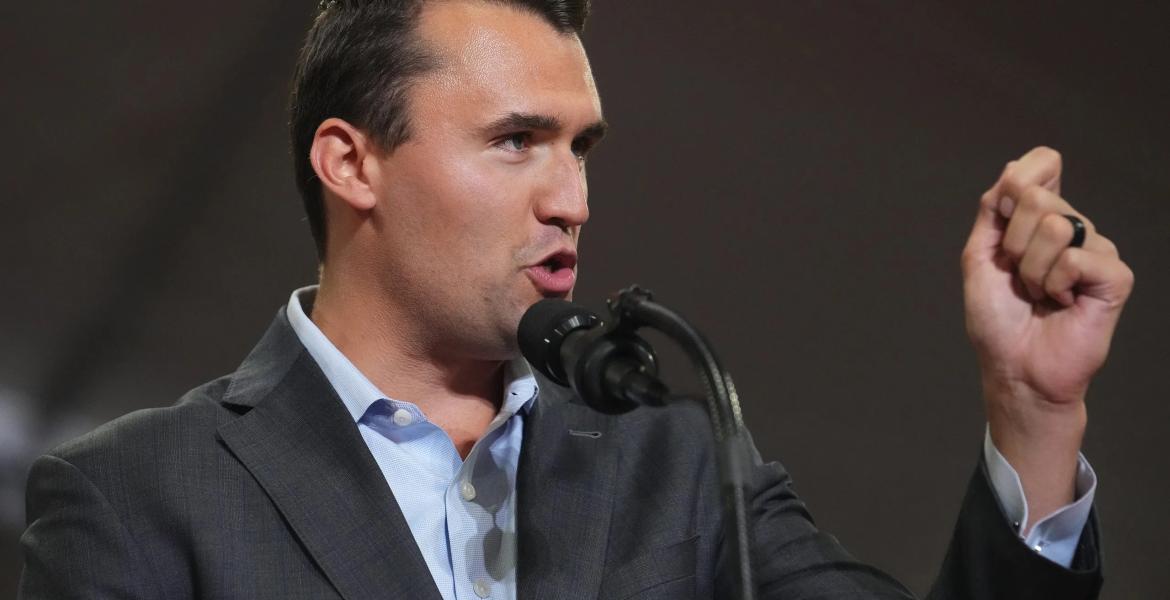Although the population of Hispanics in the U.S. continues to grow, it seems the number of Spanish speaking Hispanics is on the decline.
According to the Pew Research Center’s 2011 Statistical Portrait of Hispanics in the United States, English is the only language spoken at home for almost 39 percent of native born Hispanics.
“I do not speak Spanish. I was never raised to speak it. Both of my parents know it, however [they] never taught it to me,” Trisha Martinez said.
Martinez explained that she grew up in a non-Hispanic neighborhood and attended a non-Hispanic school. Therefore, the need for her to speak Spanish never existed.
“If I would've known how important it was when I was little, I would've tried to learn it myself,” Martinez said of her current inability to speak the language.
Maria Onofre-Madrid, a Spanish language professor at Angelo State University, said, “The commonality of language is what unites people.”
Onofre-Madrid said she has noticed the Spanish language being lost through generations of Hispanics and how this is contributing to a divide within the overall culture.
“Not being able to speak Spanish is the primary thing that separates me from other Hispanics,” Amber Rodriguez said.
Rodriguez understands some Spanish because it is the first language of her grandparents. However, her mother only spoke Spanish as a child and therefore did not teach Rodriguez the language.
Both Martinez and Rodriguez are more than third-generation American. Their families have been in the United States for a significant amount of years and consider themselves natives of the U.S.
However, Jesse Montez is a first-generation American. His parents immigrated to the U.S. before he or his siblings were born. Montez’s parents are Spanish speakers and speak a minimal amount of English at home. Montez and his brother are both bilingual in English and Spanish, but his younger sisters only speak English.
“When we were little we were always speaking Spanish, but as we started going to school we started learning more English, and between us we would talk more English than Spanish,” Montez said of he and his brother.
The brothers are only two years apart, but Montez is 9 years older than his youngest sister. Montez said that when his sisters were born he and his brother would speak English to them. Montez’s sisters grew up learning English at school and at home from their brothers, “I don’t think their children will ever speak Spanish,” Montez said of his sisters.
When asked what the greatest implication of Hispanics not learning the language of their culture is, Onofre-Madrid said, “It could be that they would resent having Spanish speaking roots.”
Onofre-Madrid said those who do not know the language may not be able to identify themselves completely with the Hispanic culture.
“Some may be embarrassed to be considered Hispanic or think it is demeaning to them,” Onofre-Madrid said.
Rodriguez agrees with this idea, she said, “I feel being Mexican has a negative connotation to it and a lot of people seem to get offended when people assume they are Mexican.”
However, Rodriguez said for her “it is something to be proud of”.
Subscribe to the LIVE! Daily
Required






Comments
- Log in or register to post comments
PermalinkPost a comment to this article here: